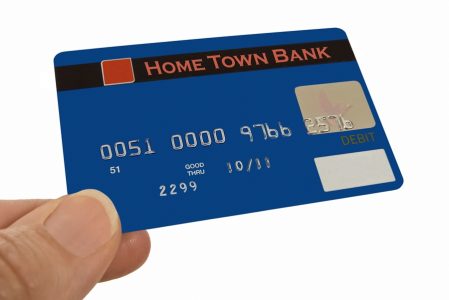Our Relationship with Credit Card Debt
:
Filed under: Debt
 The allure of credit cards is undeniable. With a simple swipe or tap, we can buy the latest gadgets, book a dream vacation, or enjoy a fancy dinner without immediate consequence. It’s the magic of “buy now, pay later,” a feature that seduces millions of Americans into financial quicksand each year.
The allure of credit cards is undeniable. With a simple swipe or tap, we can buy the latest gadgets, book a dream vacation, or enjoy a fancy dinner without immediate consequence. It’s the magic of “buy now, pay later,” a feature that seduces millions of Americans into financial quicksand each year.
Credit cards are essential for building a credit history, which is valid. Establishing good credit is important for securing loans, renting an apartment, or even landing a job. However, this doesn’t mean accumulating debt is necessary. Responsible credit usage—paying off the balance each month and using credit sparingly—can achieve the same goal without the pitfalls of debt.
Another common argument is that credit cards offer a safety net for emergencies. While it’s true that having access to funds in a crisis can be helpful, relying solely on credit is risky. Building an emergency savings fund should be a priority, ensuring genuine financial security without incurring debt.
A Call to Action
It’s time for us to adopt a healthier relationship with our credit cards. Here are a few steps to get started:
- Set a Budget: Knowing how much you can afford to spend each month is crucial. Stick to your budget and avoid impulse purchases.
- Pay Off Balances: Whenever possible, pay your credit card balance in full each month. If you already have debt, focus on paying it down systematically.
- Understand Your Cards: Be aware of the terms and conditions of your credit cards, including interest rates and fees. This transparency helps avoid unpleasant surprises.
- Educate Yourself: Financial literacy is key. Take the time to learn about personal finance, credit management, and debt reduction strategies.
By taking these steps, we can break free from the cycle of credit card debt and create a more stable financial future







